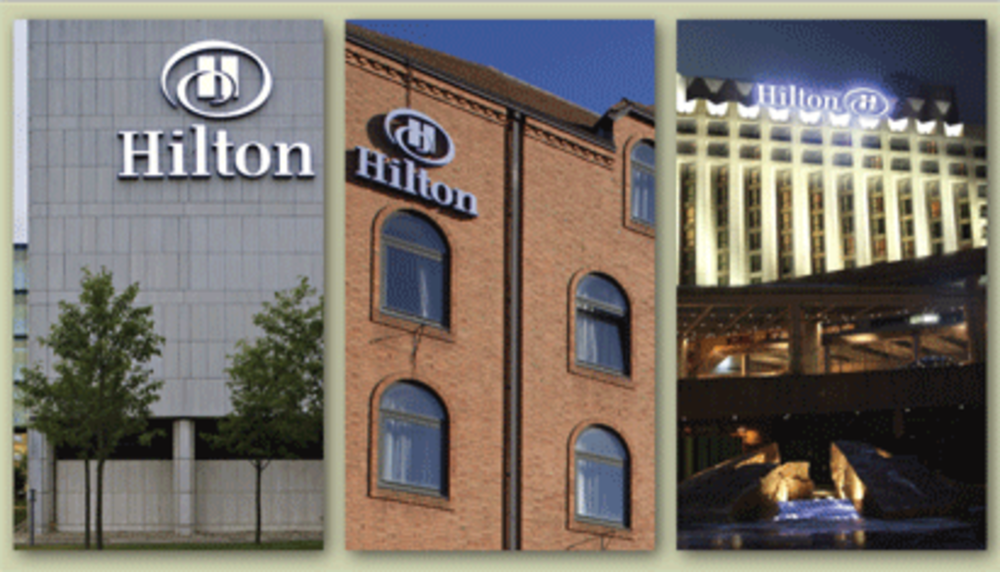Globalization is not a new trend in business — corporations have been creating outposts and winning customers outside of their home countries for years. But recently, major changes in customer tastes, available technologies and the world economic downturn have converged to create new challenges and new approaches for companies with a global outlook. With customers across the globe demanding more personalized marketing, many international companies have had to work harder at developing deep databases, intense analytics and wide-ranging technological applications — all while maintaining a soft “personal” touch properly geared towards each country and culture.?
One of many marketers working through these issues is Hilton Hotels Corp., which runs 3,300 properties in more than 77 countries, as well as its worldwide rewards program Hilton HHonors. Adam Burke, who until recently served as Hilton Hotels’ SVP, notes that consumers now demand personalization on a global scale. ?
“Customers now have heightened expectations, and they now realize that companies with which they do business have the technological ability to deliver a much higher degree of personalization than ever,” he says. “If they give out information, companies should be able to respond and change their experience to fit that.”?
In other words, if a company gathers enough information to be able to enact highly personalized marketing, it must use that information across all touchpoints to impress customers that, worldwide, are more exacting. The added complication in global marketing lies in creating campaigns that are cohesive but, at the same time, appropriate for individual countries and cultures.?
“We’re seeing a surge in activity from large, multinational companies trying to integrate their digital campaigns globally, which requires one set of infrastructures and branding standards,” says Andy Frawley, president of digital services at Epsilon, which provides much of the database infrastructure that Hilton uses to manage and analyze its campaigns. “But there’s also a lot of localization for culture and language, so there’s this big push to design programs with global coordination and local execution.”?
For example, this global/local double vision is particularly in demand at companies building into evolving markets like China, so issues such as language capabilities are becoming more important quickly.?
“As you’re able to do more customized communications, you have to look at the importance of language,” Burke explains. “The traditional model of waiting to hit critical mass before investing in language capabilities has been turned on its head with the evolution of emerging markets. With a market like China, if you do not communicate in Chinese, you are not going to be as successful as you could be.”?
Prime growth markets for Hilton include China, India and Russia, but the hotel chain is also focused on mature markets and recently contracted to expand its presence in Turkey.?
Lately, Hilton has been using experiential promotions to connect with HHonors members all over the world. As with all the chain’s promotions, each of these experiential offers must be relevant to a distinct regional audience. An offer that was designed to appeal to a European audience, for example, offered a trip for two to the private Chateau de Chanteloup, an estate owned by French Cognac maker Martell; while a US-focused promotion offered tickets to the Tony awards.?
Technology, in the form of sophisticated data systems, plays a major role in helping global companies like Hilton plan, execute and analyze such wide-reaching campaigns.?
“As digital marketing has evolved and become more important, there has been a proliferation of brands and Web sites and e-mail providers serving single companies,” Frawley says. “It’s become virtually impossible to deploy a single campaign on a global basis, so businesses are trying to get to an environment where they can act more quickly, and, in some cases, more cost-effectively by providing some coordination centrally. The complication is they need local support for language and cultural branding.”?
Many companies now also want global metrics, requiring integration at the data and tool level, Frawley added.?
To meet these needs, Hilton has evolved, over the past five years, from a broad approach to marketing to one that’s much more customized. In 2000, the hotelier was running multiple individual property management systems and lacked a singular view of customers across the company. Since then, Hilton has developed proprietary systems OnQ and Sonar to manage data and communications across the entire system. With Epsilon, the hotel chain has also created a customized segmentation model that allows it to target its best customers worldwide at key points in the customer lifecycle. ?
Not only does technology help marketers achieve the one-to-one outreach for which they’ve been clamoring, but it also helps them market more cost-effectively — a big concern in the current economic environment. ?
“As we’ve moved away from a mass media approach, we have gotten exponentially better results,” Burke notes. “In today’s environment, everyone is looking to make their marketing dollars work as hard as possible, and if you can’t measure it, you can’t justify the expenditure.”?
Looking ahead, both Burke and Frawley agree that companies will probably likely launch more global marketing campaigns and promotions, but with the personalized twist that a good database enables.?
“I think you will see an evolution to more global promotional activity but with a highly regionalized focus — umbrella promotions that will probably be valid worldwide but will be executed with regional variances,” says Burke.







